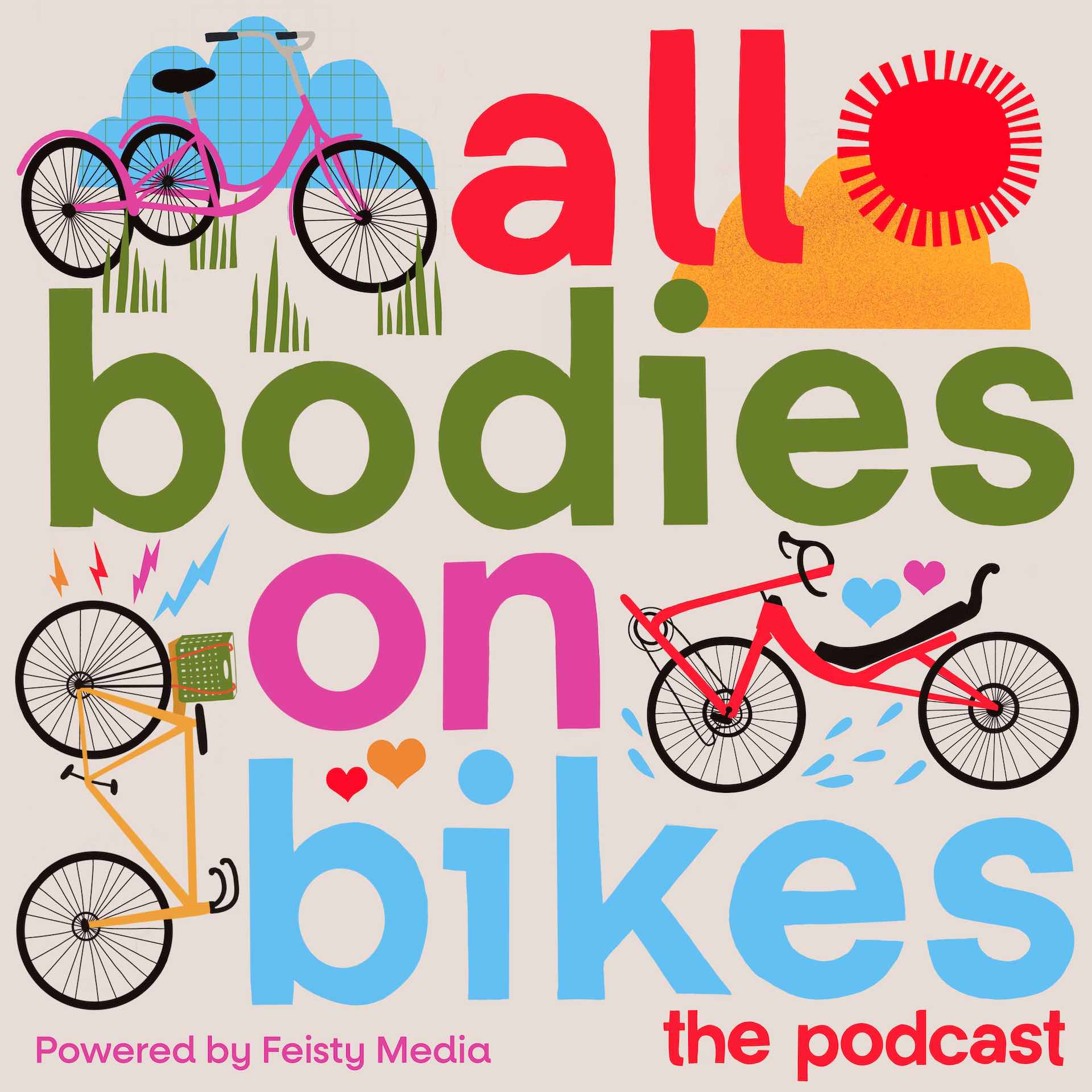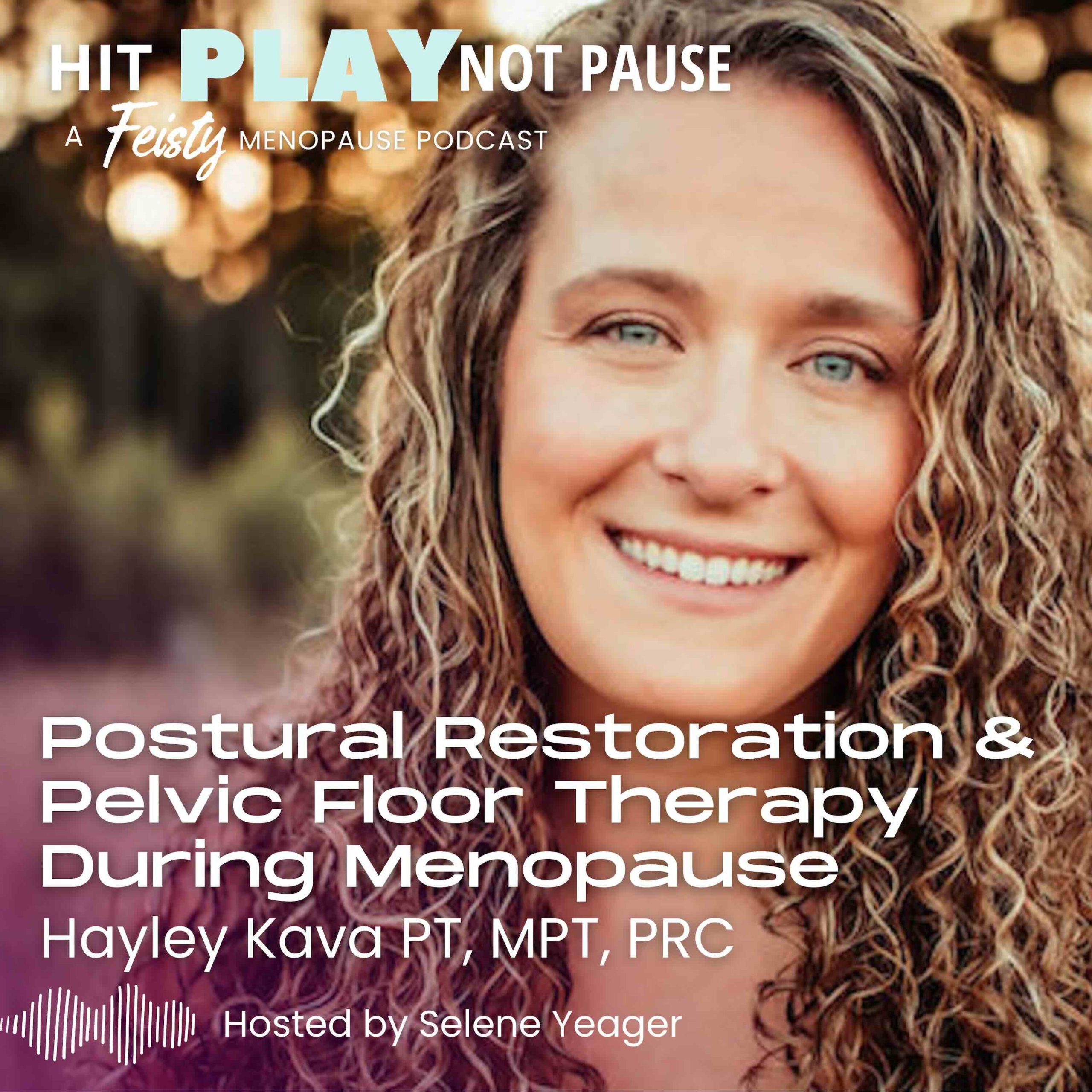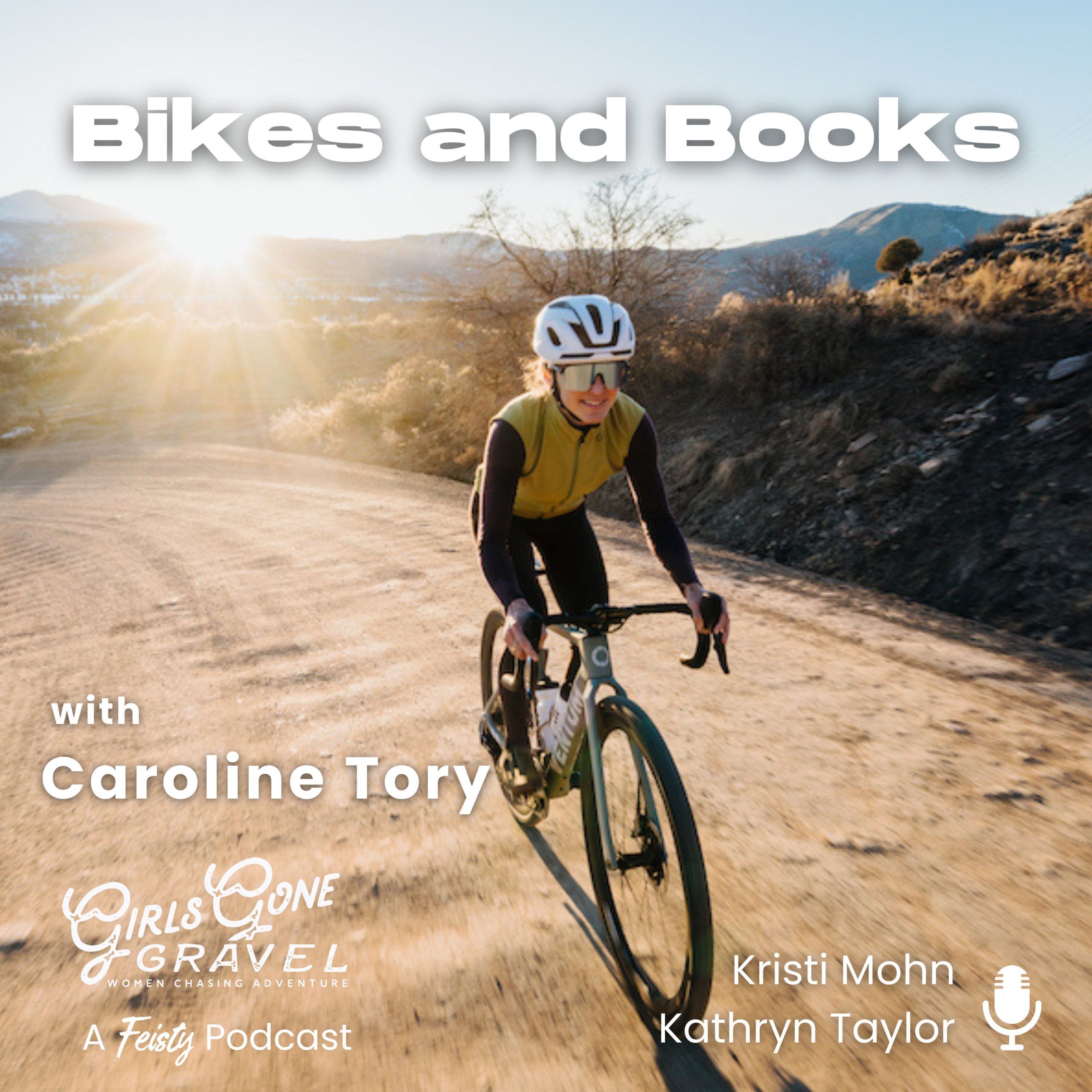April 10, 2020
First World Problems

Alternative Title: “At least you have a f**king country:” Memories that help me cope during a global pandemic
By Sara Gross
At age 14 I entered a new school, and a new life, in a town called Al Ain in the province of Abu Dhabi, United Arab Emirates. It was 1990 and the world wide web was still a glint in Tim Berners-Lee’s eye, so the few things I knew about the Middle East I had learned from books. And my friends all assumed our family had moved to Saudi Arabia.
My school was called the “International School of Choueifat” (which we pronounced badly as chewy-fat). It was part of a school system founded in Lebanon and had campuses all around the Middle East. The curriculum was hard. For example, my tenth grade Physics textbook was also used in first-year university in some parts of the US. I was one of three white girls in my class and my classmates were literally from every corner of the world, Europe, Africa, Asia, Australia and of course, the Middle East.
One memory that has stuck with me from my early days in the Middle East is of an English assignment from the first month or two. I can’t recall precisely what the topic was, but basically, we were to write an essay describing the most difficult challenge of our lifetime thus far.
I struggled to find a topic. Even at 14, filled with teenage angst and hormones, I knew my life had been pretty cushy. I finally settled on writing a piece about my freshman year of high school the year before in Canada. I mean, starting high school is a big deal right?
Our English teacher at Choueifat was from Ireland. I remember him with a big red beard, but I think that might be my imagination. We were asked to share what we wrote and one by one my classmates shared stories of war and famine, of poverty and turmoil in their home countries, of educated parents who left or fled to create better lives for their kids.
One girl, who later became a close friend, wrote about growing up in Lebanon during the civil war. She talked about digging tunnels in the walls between homes so people could walk to the store at the end of the block without being shot. She talked about a bullet barely missing her mother’s head as she hung laundry one evening on their balcony.
So yeah, her experiences were slightly more challenging than starting ninth grade.

Another moment that has stuck with me from those first few months in the Middle East happened in math class. I had to do remedial math for a few months to catch up to the level of the Choueifat system. We had an intimate group in a closet-sized classroom. I sat beside a kid called Emad, also Lebanese. He was funny.
One day I was complaining to Emad about how homesick I was, telling him how badly I wanted to go to Canada for the holidays but my parents weren’t having it. He looked me in eye and said, “Sara, at least you have a f**king country.”
Gulp.
And for the first time in my young life I had the sobering realization that most humans throughout history have lived in less comfort than I have.
And now, with COVID-19 causing a global pandemic, we are asked to stay home to save lives. And that comes at a high cost for many. The cost is our income, our physical freedom, our ability to connect with others, and for some of us, our sanity.
The price is higher for some than others. Some will pivot quickly, others will hit rock bottom before re-emerging stronger.
Perhaps the most sobering thought is the possibility that on the other side of this, our country and our world may be changed forever. It may be changed for the better, yes, but we know that everyone’s reaction to change is different and it takes awhile to settle in. Not everyone will adapt quickly. And some of us will be mourning the loss of loved ones.
I find myself reminded of how I felt as a 14-year-old, that girl who had to stand up in front of her class and admit that she had no big challenge to write about except changing schools and coming-of-age. And now, I feel like those of us who have led cushy lives like mine, those of us who have led lives free of hunger, safe from war and bullets and hatred and angst can now look to our neighbours who have better coping skills than we do. We can look to history to find out how people struggled and came out stronger on the other side. We can look to them and say:
Help us figure out how to get through this without being assholes to each other.
Help us laugh through the sad days and keep our sense of dignity, respect each other and not go crazy in the meantime. I know we can do it because history is full of examples of what to do and not do in times like these.
This whole thing might clear up quickly. Or it might get worse. And things will definitely be worse in some places than in others. Some people will lose a friend or a parent or a sister. Others will be attacked in the street because they chose to go for a walk and someone took offence to that. Some will be economically ruined. Some will be stranded in other countries, unable to get home.
I know this is all sounding pretty dour, but I think its important to face reality head-on. Shit is really bad for some people right now. And its going to get worse.
The good news is, there is nothing new under the sun. Hard times have been had by many, in many parts of the world, in many generations.
And the only way through is to have empathy. And be kind. Stop judging each other and work together. Like my 14-year-old self who was lurched back to reality by the crude reminder that I still have a f**king country, and food and a roof over my head and lots and lots of other things to be grateful for.
Empathy. Kindness. And above all, Gratitude. Because at least we have a f**king country.



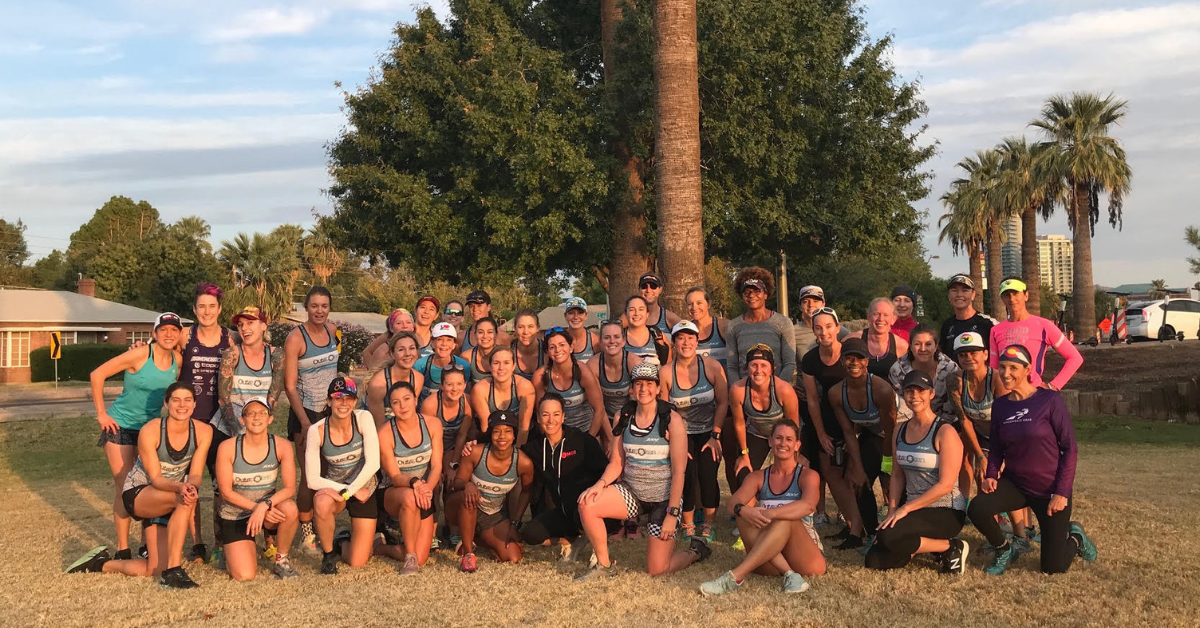 Outspoken Women in Triathlon Summit Returns Bigger than Ever
Outspoken Women in Triathlon Summit Returns Bigger than Ever 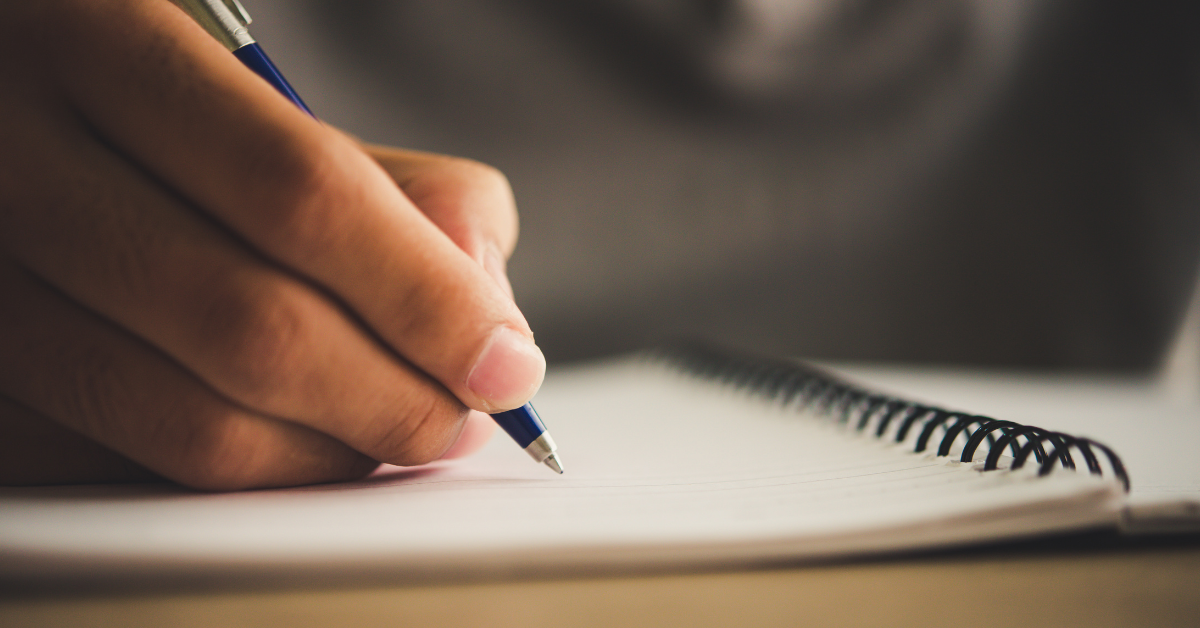 Driving the Lamborghini: Productivity and the Power of Paper
Driving the Lamborghini: Productivity and the Power of Paper 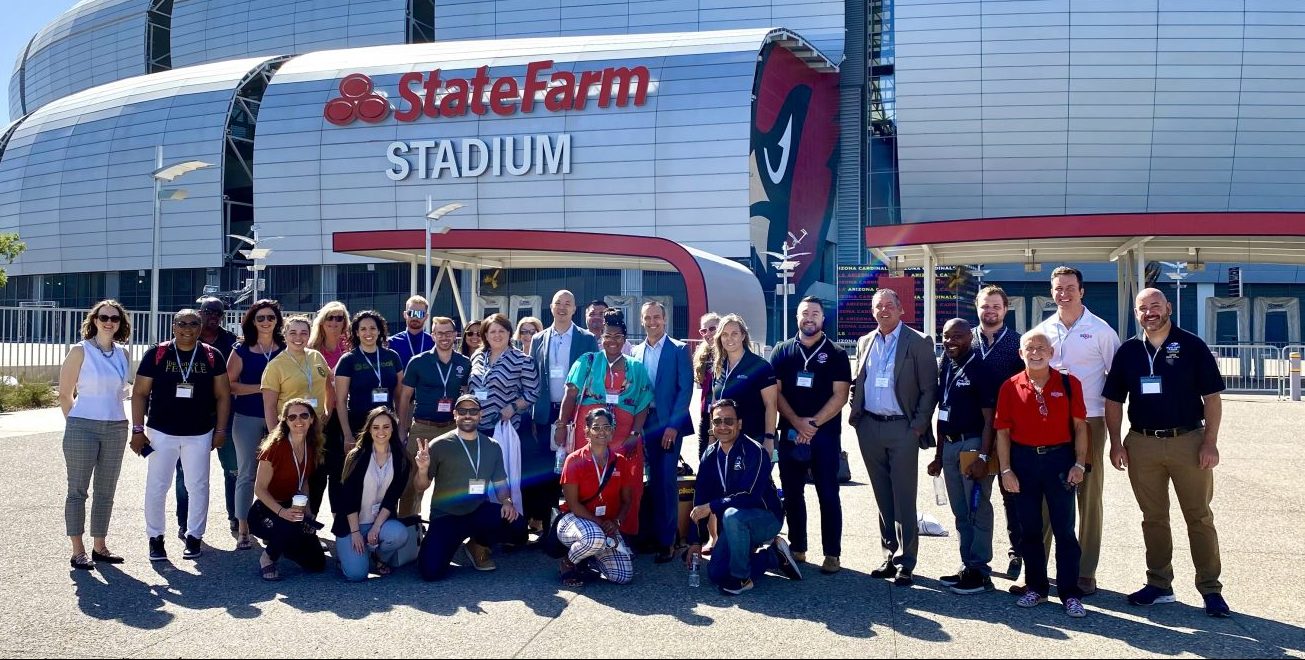 5 take aways from the Compete Sports Diversity Summit
5 take aways from the Compete Sports Diversity Summit 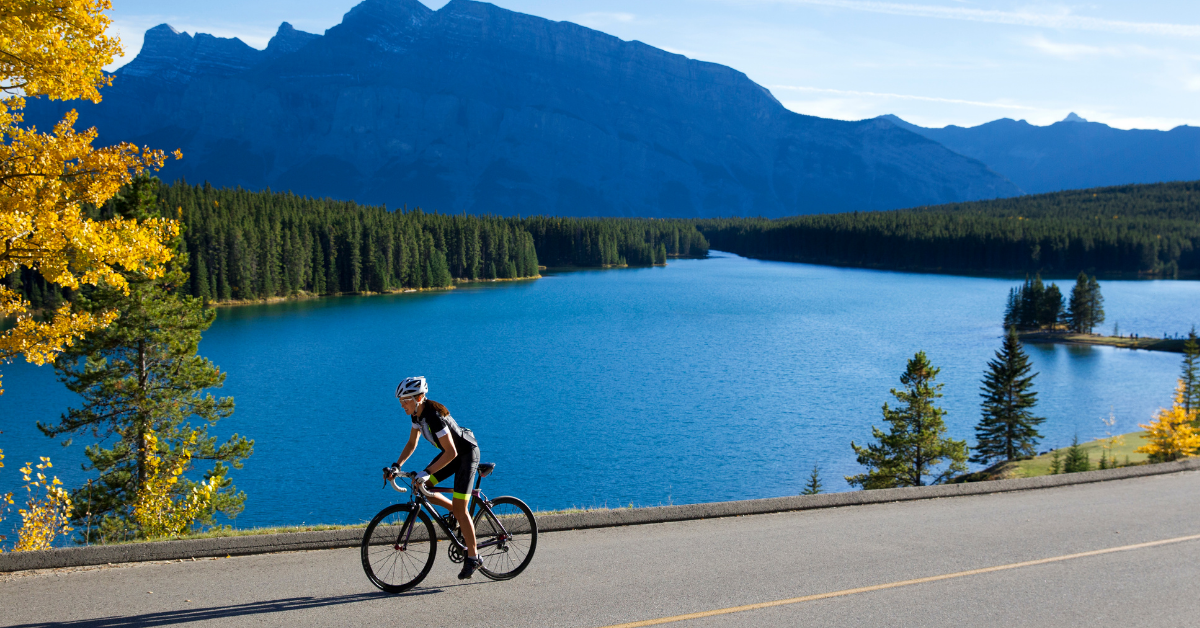 Simple Tips to Hone Your Bike Handling Skills
Simple Tips to Hone Your Bike Handling Skills 
